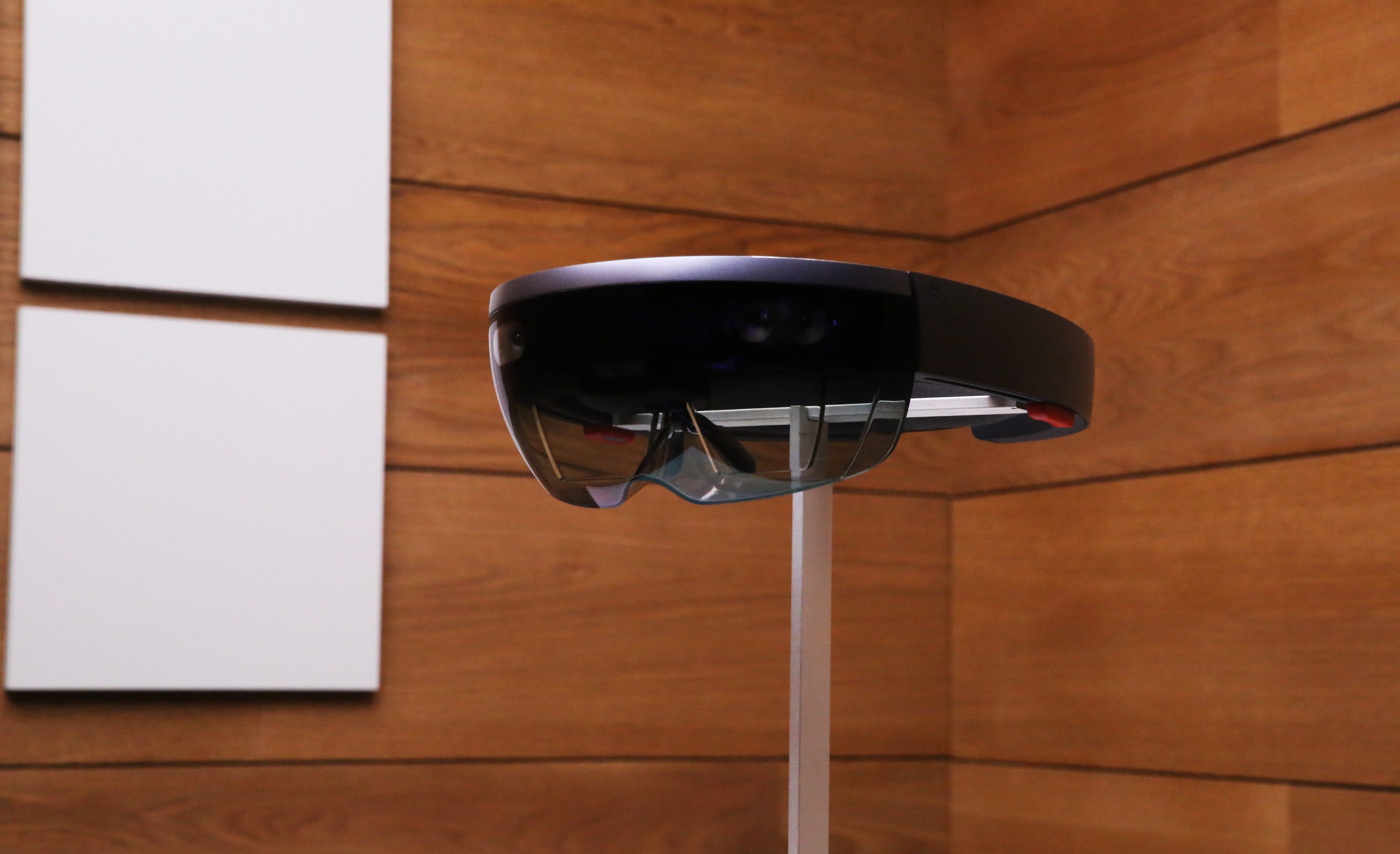According to new details, Microsoft has inked a two-year, $480 million deal with the United Statesmilitary. This deal allows the U.S. military to equip soldiers with Microsoft’s augmented reality Hololens technology.
Microsoft’s $480 million deal with the military will allow for purchases of up to 100,000 Hololens headsets. Currently, we do not have specifics as to what the military will be utilizing the Hololens headsets for, but according to a government description, it claims that they will, “increase lethality of enhancing the ability to detect, decide and engage before the enemy.”
Another description describes that the Hololens will primarily be used as a training tool for soldiers by allowing them to engage in “25 bloodless battles before the first battle.” Essentially, the U.S. military is using augmented reality and virtual reality technology as a way practice scenarios and procedures before actually engaging in the war zone. Interestingly, the military is already engaged in this type of activity because the technology is used by army physicians to practice procedures in the virtual war zones before stepping foot into the real scenario.
What’s even more interesting is Microsoft’s engagement with weaponizing consumer technology. Previously and even currently, there’s been hot debates about the use of artificial technology (and others) in war zone scenarios. Earlier this year, Google pulled out of Project Maven with the military due to backlash from employees and consumer groups alike. Project maven is a military A.I. program that was based on autonomous drones. The search engine giant pulled out after receiving signatures of protest from more than 4,000 employees.
While Google pulled out, Amazon CEO Jeff Bezos has defended the company’s work with the U.S. military. At Wired 25 conference in October of this year, Bezos said, “if big tech companies are going to turn their back on the U.S. Department of Defense, this country is going to be in trouble.” Furthermore, he added, “We are going to continue to support the [Department of Defense]. And I think we should.” He also makes another interesting point here: “It doesn’t make any sense to me… One of the jobs of the senior leadership team is to make the right decision even when it’s unpopular. If big tech companies are going to turn their back on the US Department of Defense, this country is going to be in trouble.”





